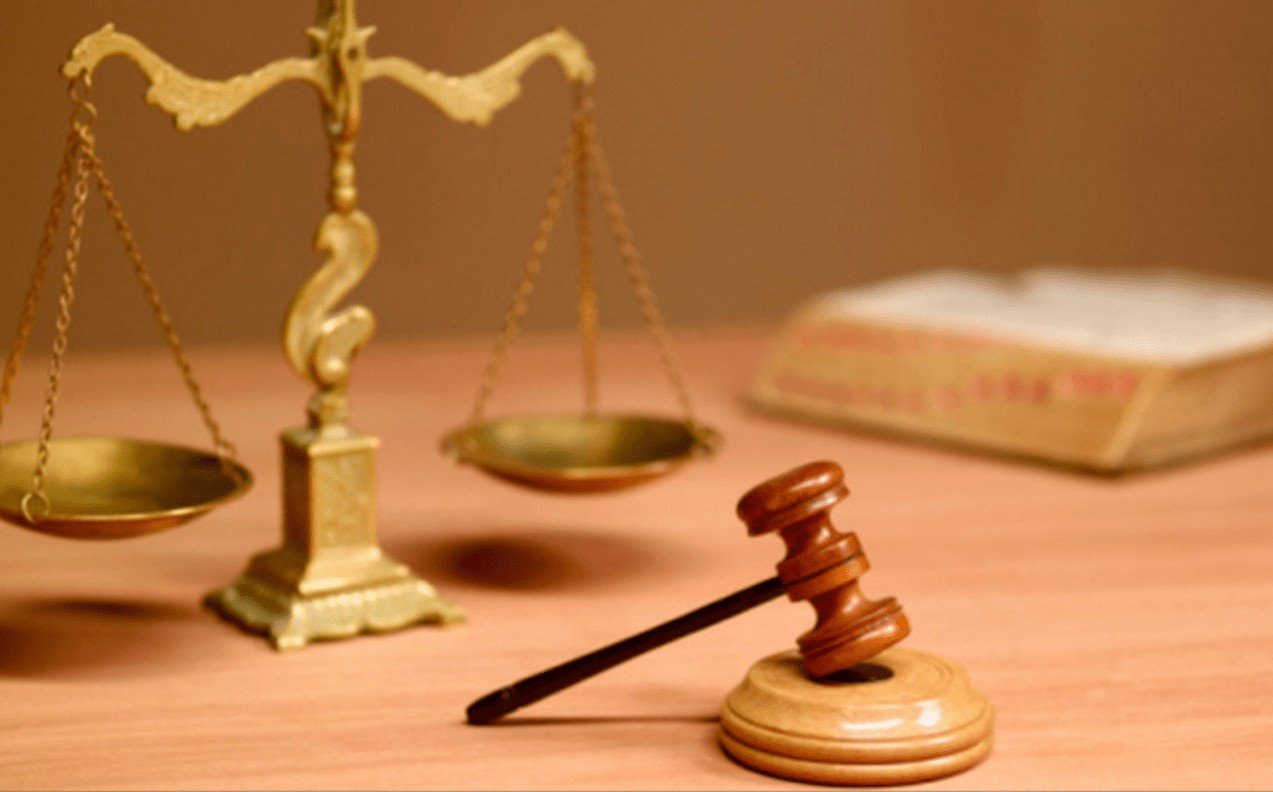The Constitution of India does not grant any institution, not even the Supreme Court, immunity from public scrutiny or constitutional accountability. Recent developments have triggered serious questions about the priorities and impartiality of the highest judiciary.
Chief among them is the March 14 fire incident at the Delhi residence of a High Court judge, where, as per allegations, distress calls went unheeded and a large sum of cash was reportedly found burning.
Close to a week later, the Supreme Court’s Collegium has responded with an internal panel — conveniently packed with judges — while brushing aside the need for an independent, credible probe. In a functioning democracy governed by the rule of law, Article 14 guarantees equality before the law—no judge, however exalted, can claim immunity from criminal investigation under the guise of institutional privilege.
The Union Home Ministry’s refusal to order a probe, despite clear signs of judicial foot-dragging, is not just troubling—it’s a dereliction of constitutional duty. A judiciary that demands public trust must first earn it.
Transferring an allegedly compromised judge to Allahabad, rather than suspending him pending inquiry, reeks of damage control, not justice. Such evasive manoeuvres corrode public faith and mock the very principles the judiciary is sworn to uphold.
Contrast this judicial apathy with the extraordinary zeal shown by the same Supreme Court in entertaining petitions challenging the Waqf (Amendment) Act — an Act that was duly passed by both Houses of Parliament and signed into law by the President. Under Article 245 and Article 79, legislative authority vests with Parliament. The President’s assent completes the constitutional process. Any judicial attempt to stall or subvert such a law — even through “interim orders” — borders on judicial overreach.

And yet, the Supreme Court, under Chief Justice DY Chandrachud and now Rajiv Khanna, appears more preoccupied with political symbolism than with constitutional substance. There is no parallel judicial activism when majority community petitioners seek similar relief in land disputes or demand justice in religious matters.
Worse still, when members of the legal fraternity belonging to the majority community raise concerns, they’re met with cold indifference — or worse, veiled threats.
Statements like “we forget our religion when we sit on the bench” are noble on the surface, but hollow when the ground reality is otherwise. Article 25 guarantees freedom of religion, not freedom from accountability. Selective outrage, selective compassion, and selective activism only feed the perception that the highest court is no longer the last refuge of the common man, but a partisan institution dancing to the tunes of ideological lobbies.
Consider also the judiciary’s ongoing tussle with constitutional authorities like the Governor of Tamil Nadu. When the Governor exercises his discretion under Article 200 and 163, the Court sees it fit to interfere. When the President performs her constitutional duty under Article 111 by signing a Bill, the Court hints at revisiting the law’s validity.
Even Vice President Jagdeep Dhankhar was compelled to raise concerns about the erosion of constitutional boundaries, specifically under Article 142 — a provision never meant to override the Constitution, but increasingly weaponized to do just that. At what point does this judicial adventurism cross over into judicial authoritarianism? If the courts are perceived as biased, the consequences will not be merely legal — they will be societal. When 80% of the population begins to feel alienated by institutions meant to serve all, democracy itself is in peril.
Unlike fringe elements of other communities who use violence as a tool of protest, the Hindu majority has historically chosen silence, accommodation, and faith in institutions. But that faith is wearing thin. The growing unrest is not due to majoritarian arrogance — it’s born of systemic neglect. This is not a call to anarchy.
This is a call to conscience. The judiciary must introspect before it loses the trust of the people it was meant to protect. Justice cannot be seen as a private club where laws are interpreted through the lens of ideology or fear of backlash. It is time the Supreme Court upheld the Constitution, not just its own image.






